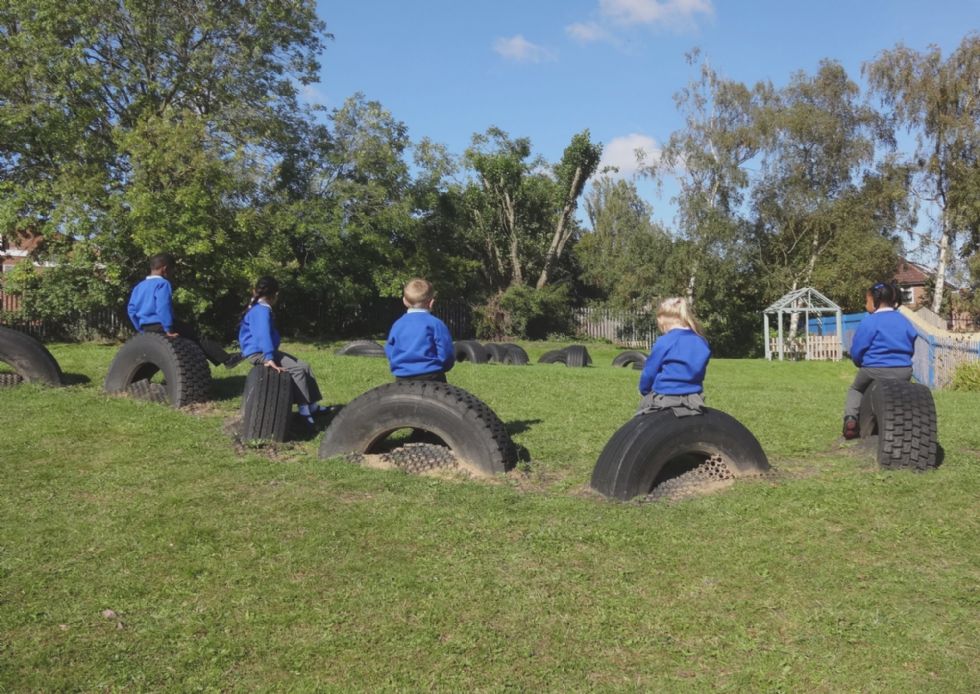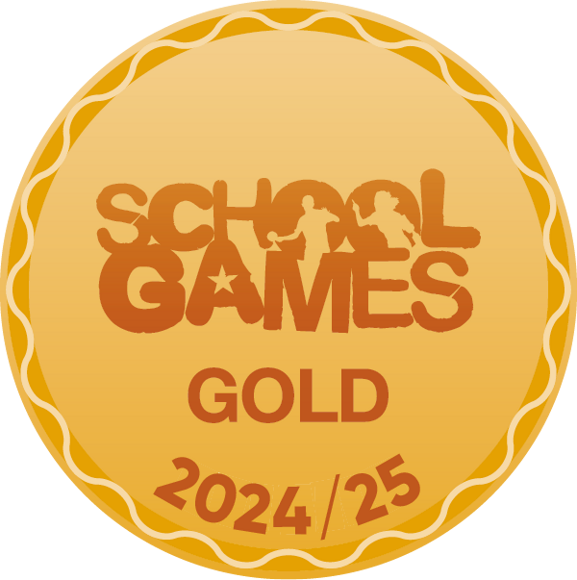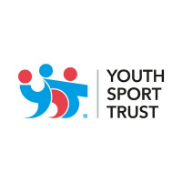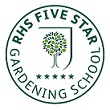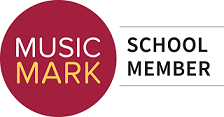Grendon's Goals
Through everything we do at Grendon we promote Grendon's Goals and prepare children for their future lives.
Grendon's Goals are modelled and developed in daily interactions, through planned teaching opportunities in curriculum time and through our assembly and collective worship programme.
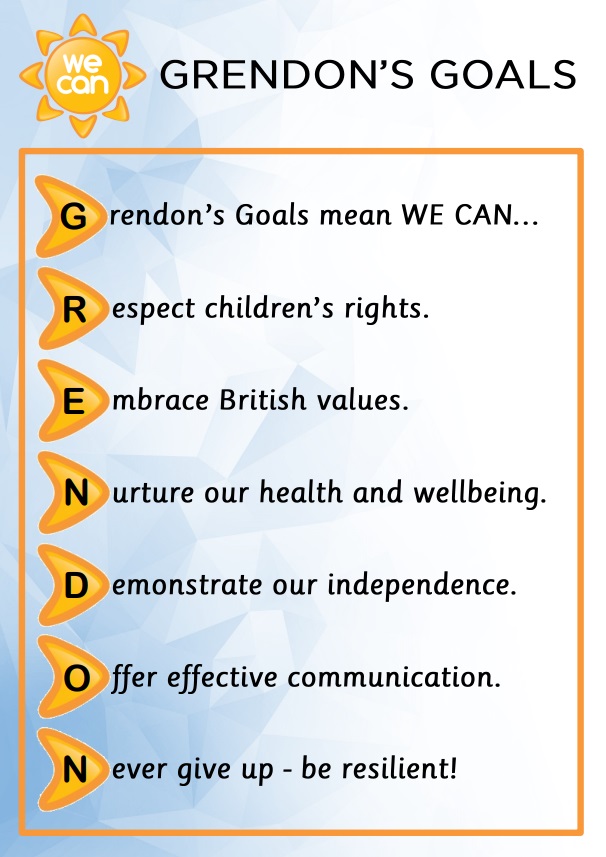
Grendon's Goals mean WE CAN...
Respect children's rights.
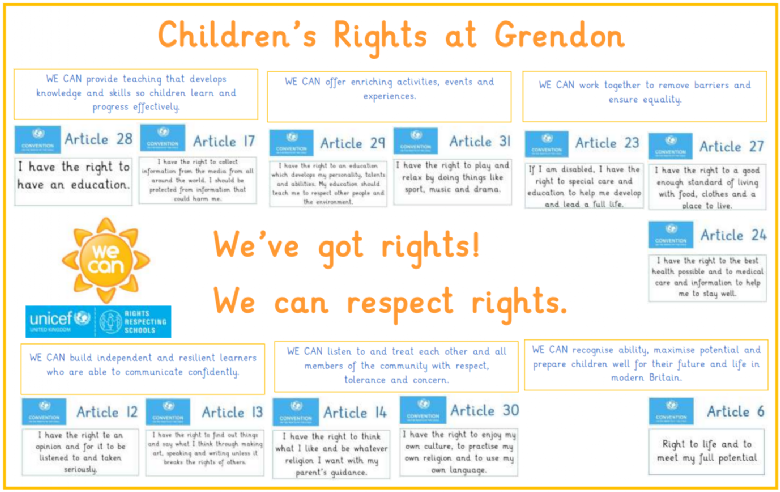
We promote, protect and teach children’s rights.
At Grendon Primary school, we recognise and value the importance of teaching children about their rights under the 1991 UN Convention on the Rights of the Child (UNCRC). This international agreement sets out 54 articles which define children’s rights and how adults, as duty bearers, must ensure these are met.
Through a focus on the CRC, children at Grendon begin to understand ideas of fairness and equality. They develop a view of themselves as a global citizen and begin to recognise when they or others are not treated correctly.
We have carefully mapped the rights in the CRC to our school vision, ethos and aims. Our pupils are actively engaged in furthering our rights agenda.
We are proud of out UNICEF RRSA 'Gold' award which we achieved in June 2022. You can find details of this in the Report which can be found at the bottom of this page.
Further information on the UNICEF Rights Respecting Schools award can be found by CLICKING HERE
Children's Rights in lessons
Children receive half termly lessons about the Convention on the Rights of the Child. Children find these lessons interesting and engaging and are very motivated to take part and to find out more.
In the Autumn, children learn ABOUT rights and become familiar with the CRC and its specific articles. They also learn the ABCDE of rights
- Rights are for all,
- Rights start at BIRTH,
- Rights CANNOT be taken away,
- Rights DO NOT have to be earnt,
- and all the rights are EQUALLY important.
In the Spring, children learn FOR rights by making a concrete impact on the world around them at a school, local, national or global scale.
In the Summer, children learn THROUGH rights for example by looking at case studies where rights have not been met.
Children's Rights across the curriculum
In our Foundation subject and Life Education curriculum and our programme of assemblies, references are made to rights whenever they can be.
Our staff use rights aware language when managing children’s behaviour.
Our Class Charters
Our class charters help us to use our rights everyday in school. We worked with our classes to choose our most important rights for school and to display them. We will be taking our charters to our new classrooms in September.
Embrace British values.
At Grendon Primary School, we recognise the importance of teaching children about the fundamental British values as part of our commitment to prepare children for their lives in modern British society. British values are essential to both our Social Moral Spiritual and Cultural (SMSC) provision and to our Prevent strategy.
As defined by the DFE (2014) the fundamental British values are:
- democracy,
- the rule of law,
- individual liberty,
- mutual respect and tolerance of those with different faiths and beliefs

Academic Curriculum
Democracy
- PSHE: Children learn about treating other fairly as part of their Valuing Difference units. For example in Y1, pupils explore how different children might have different needs.
- RE: Children study the concept of ‘being fair and just’ as a recurring disposition. For example in Y6, pupils explore the story of Jesus and the Samaritan woman at the well in the context of prejudice and discrimination.
- Children’s Rights: As part of the annual UNICEF Outright Campaign, children contact local councillors or even national MPs to campaign on different matters. One year this was child mental health, another air pollution and climate change.
- History: In Y5, pupils learn about the roots of democracy in Ancient Greece. In Y6, pupils learn about how Hitler threatened British democracy. This learning is supported by an educational visit to RAF Cosford. Pupils explore how victory in WW2 protected their right to vote.
- Geography: Specific units on The UK in Y1 and Y3 teach children about the idea of a nation and explore capital cities and regions.
Rule of law
- PSHE: Pupils explore rules as part of their work on ‘Being My Best’. In Y4, children explore how rules support the school community to function.
- PSHE: In the unit on Rights and responsibilities, children learn e.g children in Y1 learn about a healthy morning routine. Children in Y3 play the Cyberwise game to explore online safety
- PSHE: In the unit on ‘Keeping Myself Safe’ pupils learn about how rules can keep us safe in the real and online worlds. E.g in Y3 children learn the rules surrounding drugs
- RE: Children revisit the disposition of ‘Living by Rules’. In Y4, children explore the ten commandments from Judaism and Christianity and also the rules and routines surrounding Islamic prayer.
- History: When exploring the many different time periods studied across KS2, children find out about the rules that governed Ancient Greek, Viking and Roman civilisations.
- PE: Children learn the rules to play team sports fairly.
- Computing: in our units on ‘Digital Literacy’ pupils learn about age restrictions for social media and the ‘rules’ for being safe online.
- DT: Pupils learn rules for food hygiene in cooking and nutrition. In construction, children must follow the rules to handle tools and apparatus correctly.
- French: Pupils learn to understand and follow classroom instructions in French.
- EYFS: In the ‘People who Help Us’ unit, children meet police officers and PCSOs from the local community.
Individual liberty
- PSHE: The unit ‘Being my Best’ encourages children to explore personal goals. In Y4, children explore the idea of self-respect and how important this is in attaining a goal.
- RE: Under the theme of ‘being accountable and living with integrity’ pupils learn about individual decision making. In Y1, children explore the stories of Jonah and the Jewish festival of Yon Kippur.
- Our Rights Respecting School Award work develops pupil’s sense of rights and the corresponding responsibilities.
- Reading: Children are encouraged to read for pleasure choosing books which match their personal interests.
- Art: In Y6 children learn about Freida Kahlo and explore her life and art and how she did not conform to the accepted idea of beauty.
- Art: children learn about making individual choices when applying skills to their own artwork. In Y1, children choose colours they prefer for their Pop Art work.
- French: Children learn how to describe their personal hobbies and interests and give personal opinions e.g about food choices.
- Geography: Children have opportunities to make choices on presentation and content for end of unit tasks. Eg Y1 pupils decide what their ideal school would look like.
- Geography: Children learning about Brazil in Y5 learn how their individual choices impact on the environment.
- DT: Children making sandwiches in Y2 have the opportunity to select a preferred filling for their sandwiches.
- Music: Children are given the opportunity to express themselves as individuals when listening to and creating music.
Tolerance, respect and understanding
- Our PSHE teaching ‘Me and My Relationships’ embeds skills for emotional intelligence and for building and maintaining strong, healthy and effective relationships
- In PSHE the unit on ‘Valuing Difference’ children learn about showing respect to everyone and identifying similarities. In Y2, the lesson ‘an act of kindness’ explores ways to spread kindness to all.
- EYFS: Children start school with a disproportionate balance towards PSED teaching to ensure strong relationships are established.
- Knowledge from Religious Education teaching supports children to understand others’ beliefs and customs. In Y6, children learn about Sikh teachings where Khalsa warriors are expected to protect the innocent from persecution. In Y5, pupils explore the story of Hudaybiyya and the persecution which caused Muslims to flee Makkah and migrate to Madinah.
- French: Teaching a language enables children to identify the challenges peers with EAL face on a daily basis.
- Science: Pupils are taught to respect the world around them. In Y1 when pupils complete a minibeast hunt, the welfare of the creatures is explored and everything is put back where it came from.
- DT: When cooking burgers (Y6) and curry (Y5) pupils are encouraged to understand and respect dietary choices (halal/vegetarian) informed by religious beliefs.
- Music: Children learn to appreciate music from a range of cultures (Y3 China, Y2 Africa) in a respectful manner. This music may be different to what children would normally hear.
- Music: When composing in collaboration with others, children learn to share their own ideas while respecting others.
- History: Children in Y2 learn about George Cadbury’s vision to support his workers.
- PE: In PE lessons, children are expected to show respect to all members of the class regardless of sporting ability. Children are encouraged to support effort.
- Opportunities for sharing learning across the year groups promote a strong school community and a sense of value for work. For example Y6 wrote stories and shared these with Y1.
Pastoral Curriculum
Democracy
- In order to support pupils’ personal development, there is a strong emphasis on listening to pupils' ideas. In class, pupils are often asked to hold a class vote as a vehicle for decision-making.
The rule of law
- Pupils begin each year working as a class to develop shared class rules. These are explicitly linked to Grendon’s Goals.
- Our ‘Ready to Learn’ behaviour system is a highly visual system and a focal point of classrooms. It encourages children to take responsibility for their actions and celebrates children who fulfil and exceed expectations in the classroom.
- Grendon’s Goals are displayed in all classrooms and around school.
- Consistent daily routines support children to feel safe and settled at school
- Parents in Y5 are invited in for a Parent Information meeting to explore ways to keep children safe online.
Individual liberty
- We encourage all pupils to develop a sense of self and to recognise and develop their individuality.
- Children with specific, additional needs or particular talents or abilities are offered additional support to achieve their best.
- A culture for awarding achievement, e.g. regular academic awards assemblies and half termly Grendon’s Goals Awards and Attendance Awards allows children to recognise their personal strengths.
Tolerance, respect and understanding
- Tolerance and respect are both fundamental expectations at Grendon. We welcome all and expect our pupils to do the same. When new pupils start, children in class are encouraged to act as supportive buddies.
- Pupils are supported by the Pastoral team who offer additional support when it is needed and by all members of the staff team in their daily interactions with children.
- Our House system builds a sense of community across the school and between year groups
- In Y3, parents work alongside pupils in a Parent Information Meeting to address emotional wellbeing as pupils experience changing emotions. The goal is to establish good strategies to manage emotional development and to build stronger family relationships.
Enrichment Programme
Democracy
- Children learn about democracy by seeing the work our Junior Leadership Team do. Applications for prefects and School Captains are open to all Y6 pupils and roles are given after an application and interview process. Junior Leaders are elected annually following a campaign and a secret ballot. The role is open to all pupils in Y1-6.
- Current affairs, including global politics, are addressed in weekly Picture News assemblies.
- Weekly Grendon’s Goals assemblies specifically explore fundamental British Values throughout the year. This includes both explicit teaching of what the fundamental British values are as well as making links to fundamental British values from the other Grendon’s Goals.
- Our whole school days, are built around a thinking question and children are encouraged to vote to share their opinion.
- Children are actively involved in decision making for our Feel Good Friday activities.
- When opportunities such as talking to local councillors to improve Road Safety or to develop the local area have been available, we have fully engaged with these.
- Children have enjoyed visits to meet the Lord Mayor at the Council House in Birmingham city centre
- During the annual ‘Fiver Challenge’ pupils in Y6 work collaboratively to establish profit making businesses.
The rule of law
- In our Whole school mental health day, pupils were encouraged to contact MPs to describe the needs of children post Covid.
- Our Junior Leaders know that a condition of their role is good behaviour. If children are not able to act as role models, there is the risk that their duties may be removed.
Individual liberty
- Peripatetic music lessons allow children to explore individual talents and interests
- Half termly ‘Out of School’ awards provide an opportunity to celebrate individuals. We hope that seeing what classmates have achieved will raise aspiration and awareness.
- Junior Leaders are a vehicle for pupil voice to reach the school’s leadership team. All pupils have a channel to share ideas on how to improve life at school.
Tolerance, respect and understanding
- Our annual plan for assemblies reflects the key religious festivals of pupils in our school community and within Britain. E.g. with increasing numbers of pupils arriving from Hong Kong, we have ensured the festival of Chinese New Year is included.
- At Sports Day, we use our house system to promote healthy competition.
- When taking part in inter-school competitive sport, children are encouraged to demonstrate respect to competitors.
- Before and after school clubs provide opportunities for children to socialise with peers and to build relationships with pupils with shared interests who they might not have otherwise met in their normal school life.
Nurture our health and well-being.
Mental Health and Well-being are essential to general wellness and the ability to meet your potential. At Grendon, we prioritise the mental health and well-being of all members of our school community. Well-being is one of our Grendon's Goals and its influence is embedded through all of our work.
Our whole school Well-being Strategy makes explicit what we do to promote and support well-being at Grendon. It includes action planning for future actions to promote mental health and well-being across our school and for all stakeholders.
In classrooms, children have opportunities to share their emotions with feelings barometers. There is a whole class well-being target set each half term and the end of each half term is celebrated with a 'Feel Good Friday' afternoon which pupils have preplanned.
Reducing staff workload is a driving force of our Well-being strategy.
The Well-being Strategy is published below.
Demonstrate our independence.
We can build independent learners.
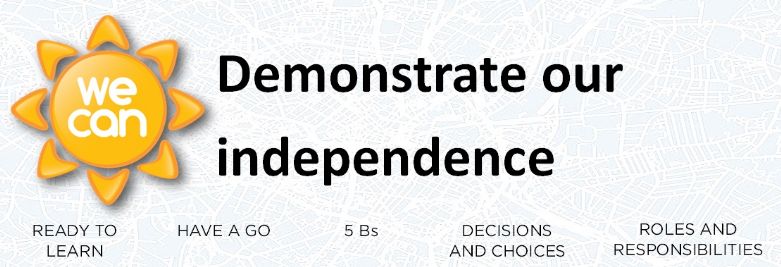
We support children to develop independence and promote this through the activities and challenges we provide to them in school.
Our pupils demonstrate their independence by:
- Being ready to learn
- Having a go
- Using the 5Bs (Brain, Board, Book, Buddy, Boss) to complete their work
- Making decisions and choices
- Taking on roles and responsibilities
Offer effective communication.
We can build learners who are able to communicate confidently.
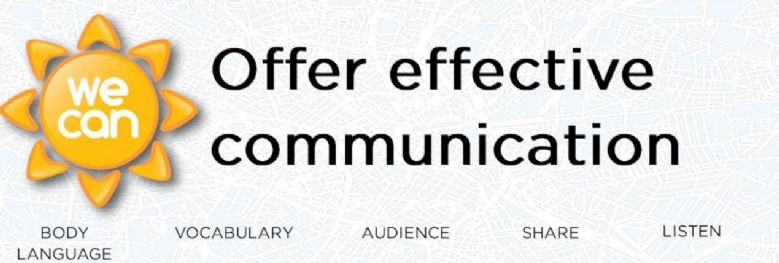
We encourage children to be better communicators through a focus on modelled language and the provision of daily opportunities to both talk and listen.
Children who need additional support with speech and language are supported by the speech and language team.
At Grendon, we teach children to be effective communicators by
- Using and understanding body language
- Developing a broad vocabulary
- Understanding how to communicate with different audiences
- Being confident to share their ideas
- Being a good listener
Never Give Up - Be resilient!
We can be resilient learners.

Children need resilience to tackle the challenges that they come across in life. Resilience is embedded within Grendon's Goals.
Opportunities for learning about resilience are addressed across the curriculum including direct teaching in PSHE lessons and collective worship plans. Through Grendon's Goals we teach children to 'Never Give Up' by
- Reflecting on what went wrong or could be improved
- Maintaining a positive attitude to challenges
- Embracing learning from mistakes
- Thinking about Plan B
- and employing the Power of Yet
Grendon's pupils often state 'We Can' when facing challenges.

